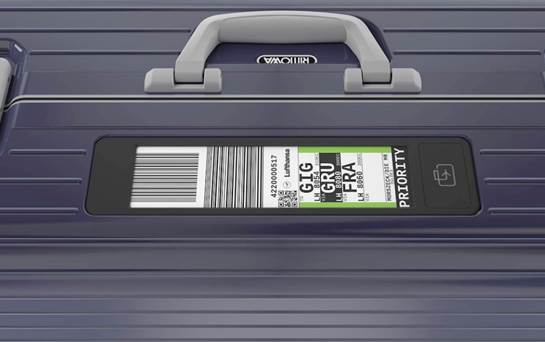Several airlines have this week joined Qantas, Virgin Australia and other carriers in banning so-called smart luggage with non-removable lithium batteries.
Smart luggage with batteries removed can still be carried, subject to normal checked and carry-on baggage requirements, but the batteries must be carried in hand luggage and are subject to dangerous goods regulations.
Features found in most smart luggage include built-in USB chargers, wi-fi hotspots, built-in scales, electronic locks and GPS trackers. Suitcases with only a built-in electronic luggage tag, such as those marketed by Rimowa, are not covered by the checked luggage ban.

There’s even a brand of smart luggage with a removable battery claimed to meet airline safety standards. The luggage has an electric motor and can be ridden around an airport. Even with the battery removed, however, that luggage does not meet carry-on baggage requirements.
CASA’s dangerous goods regulations ban loose lithium batteries in checked luggage, and place restrictions on those in carry-on baggage. Higher capacity batteries may require airline approval, and those with more than 160Wh capacity are not permitted, with limited exemptions for mobility devices.





Thank you to those in CASA responsible for the articles that are relevant to passenger safety in the cabin. Very useful and appropriate information! Keep ‘em coming!
There’s s much banned stuff going under floor inc batts these days that in reality it’s just a show and pony act the regulations. Like door locks etc they are only for honest thieves! Like Mob Ph’s they do zero by way of effecting an A/C but yet the public are caned by the Airlines! Love it. Dumb down society!!
Actually, all IATA member carriers (280 in total) have now banned so-called smart luggage with non-removable batteries. The ban on IATA carriers went into effect Jan. 15, but for some reason the word isn’t getting around very quickly.
More details are available at http://www.flightsafety.org